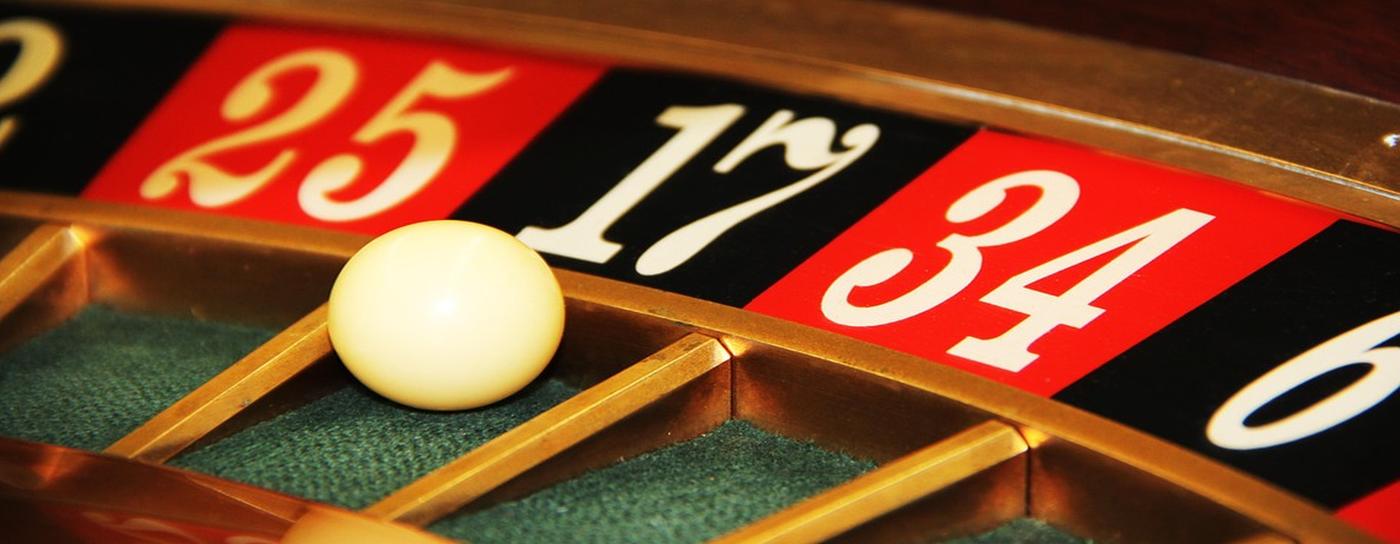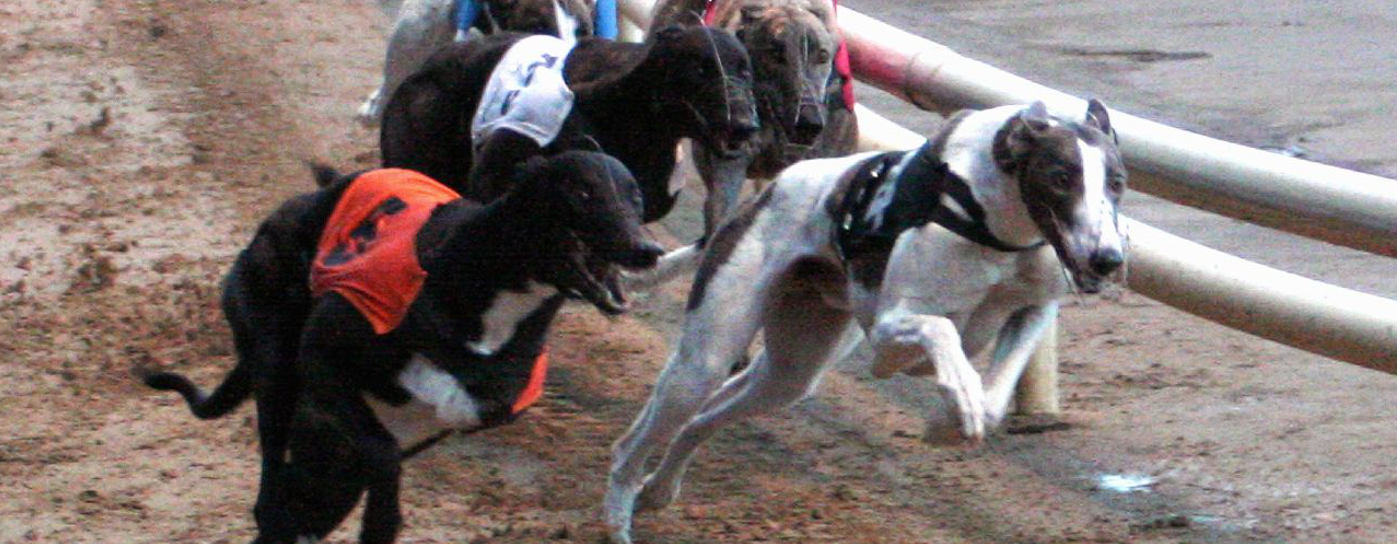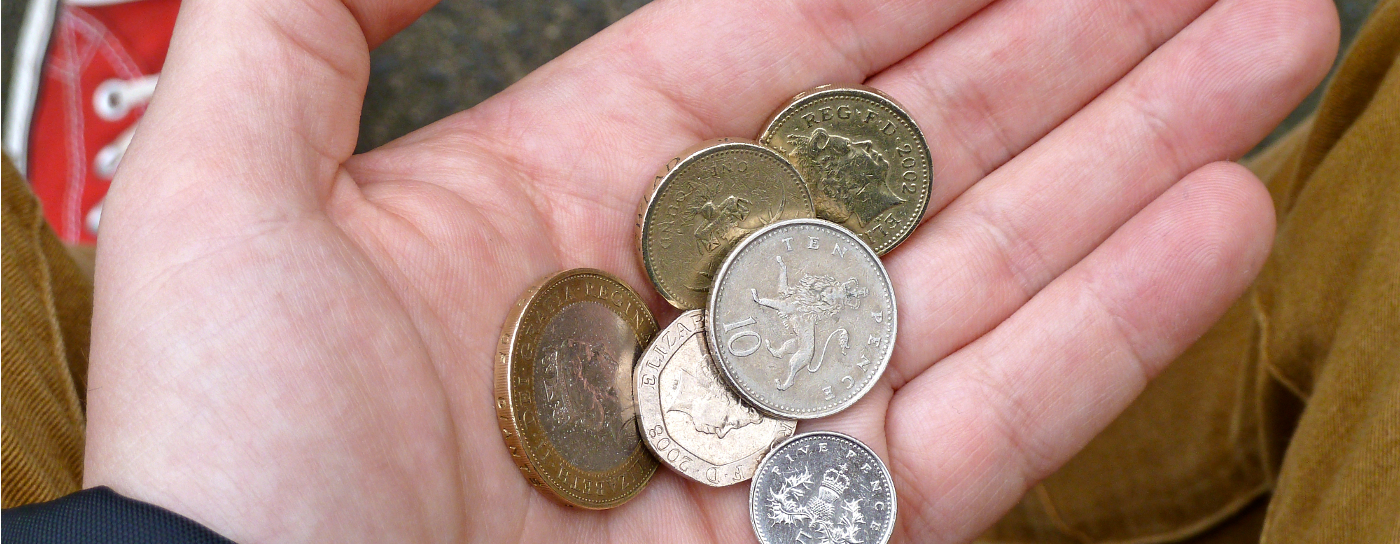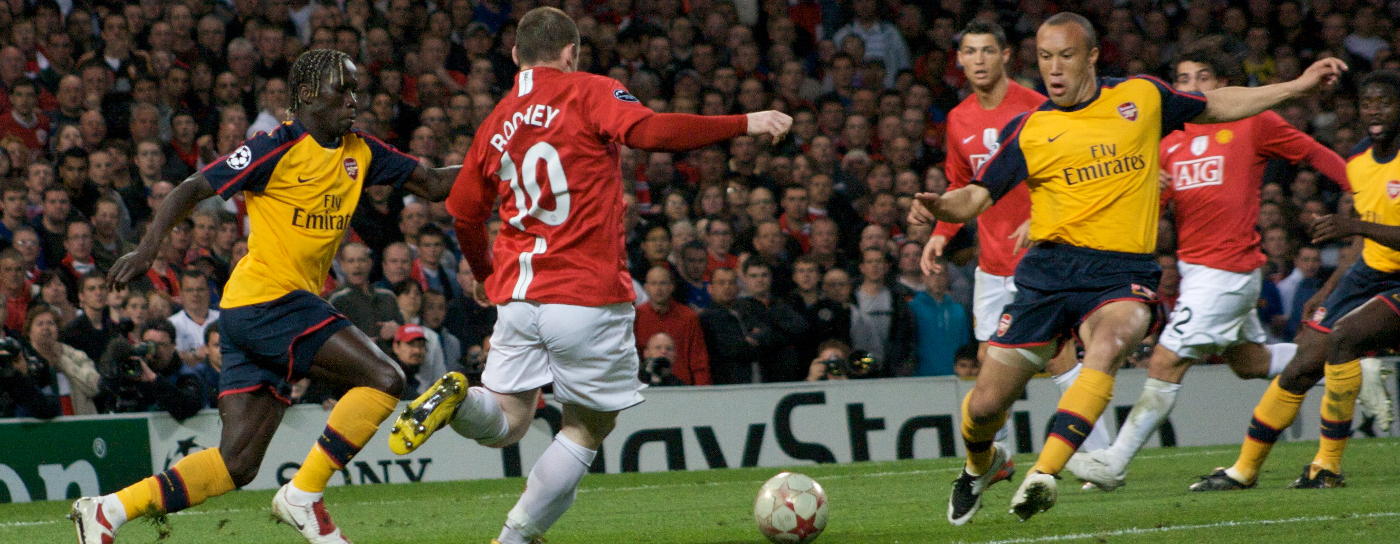
When betting online with traditional sportsbooks, those very rare, genuine old style punters who win and those who show a betting style that they may win know the consequences – stake restricted accounts; £50 bets become £5 or even 5p bets.
For those determined enough this has led to a daily game of ‘hide and seek’ identity wise. The punter soon runs out of usuable accounts in their own name, so the punter needs uncles, aunts and mates to help them open new account after new account.
One of the outcomes of this is, ‘The strange case of four corners and a guide dog’. But, in the case that follows it’s a more serious game than the aforementioned, it’s about losing tens of thousands and the ruining of a life that will take a long time to be put right, if ever.
The new ‘Betting and Gaming Council’ (BGC) is making big claims about their members and social responsibility. What follows involves one of their biggest members.
Let’s be clear ‘Justice for Punters’ (J4P) does believe that the social responsibility measures at many gambling companies are far better than they once were, but they can certainly get much better and let’s not forget the past, which was truly awful.
Although the biggest priority when dealing with vulnerable people is the avoidance of gambling harm by all parties, there is also the thorny issue of dealing with harm already caused and if a company had a role in its causation. Some people who’ve had a gambling disorder call it dealing with the legacy. J4P can confidently tell the BGC that their members are not dealing with this legacy very well. That’s being polite, often it’s become another form of abusing vulnerable people.
So where do ‘the four corners and a guide dog’ come in? Let’s set the scene using one of J4P’s present cases. As a gambling company and BGC member you’ve had a customer:
- For around two years
- Who’s lost circa 80K, whilst displaying a number of signs of a gambling disorder
- Who has deposited and withdrawn using numerous debit cards and Paypal
- You made a VIP
- Who self excluded in 2019
After self exclusion the customer then seeks professional and voluntary help, and begins to build their life again. They get in touch with J4P asking about our work concerning the refund of a percentage of their losses if there was exploitation. This is always complex and extremely rarely J4P does receive similar enquiries from ‘chancers’, but J4P has a process in place that hopefully helps to identify most of the genuine cases from the others.
A major part of this process is the gathering of evidence. J4P’s volunteers are neither lawyers or police detectives, but we like to think we try to be professional.
As part of the evidence gathering a crucial part is a subject access request (SAR). When J4P first started asking gambling customers to get SARs, for a short while, they were provided on time and were reasonably comprehensive with the exception of things like Iovation data, which was and is never provided without a huge fight.
Fairly soon and after a couple of programmes on BBCr4’s ‘You and Yours’ where it became clear that people could obtain partial refunds in certain circumstances the problems with SARs got much worse.
Now it isn’t just the Iovation data that’s missing, it’s interactions between the customer and their VIP managers, phone calls going missing, etc. It’s not difficult to work out why this is happening, the gambling companies are most likely withholding incriminating evidence. Under EU and British privacy law the completion of a SAR incorrectly is illegal. Of course, in a court process, there are ways to obtain the missing information, but the gambling companies know that a person they’ve had a role in bankrupting can’t afford lawyers. Sadly, they also know that the regulator the ‘Information Commissioner’s Office’ (ICO) has little interest in gambling.
The ICO has a massive job, unlike the Gambling Commission (GC), it regulates all industries data management wise. The ICO has bigger ‘fish to fry’, however we are talking about vulnerable people here. It’s disgusting that neither the ICO or GC will force gambling companies to provide all data and on time when a person has been or still is vulnerable. After all there are European and British laws in place. If you’re sensible you know the ICO can’t protect the data rights of all gamblers, but surely the ICO and the GC (especially) could protect the vulnerable?
Time moves on and the diversion tactics just get worse. They will, because gambling companies need not worry about the data rights of those with a gambling disorder as the regulators refuse to enforce the law.
The latest diversion is, ‘the strange case of four corners and a guide dog’. Some companies have decided that the SAR provision timetable, a calendar month in the UK, can be stopped from running right at the beginning. Of course, it’s perfectly sensible and a legal requirement that a gambling company has to make sure that a SAR is being sent to the correct person. But and this is a massive but, how the hell don’t you know who a customer is if they’ve just lost about 80K to you. That alone is admitting that your processes have failed and a fine should be coming your way. That isn’t the case though is it. Companies know quite well who the customer is and there’re messing them around, hoping they’ll ‘break’ them at this early point, meaning they’ll go away. Quite simply, it’s repulsive behaviour.
Your gas bill isn’t showing all “four corners” (why is it so important to see four corners of a bill when a company already has so much information about a person, the company may even have stolen the identity of the person’s e-devices they gambled with and are now using to submit ID). Your passport scan isn’t clear (“guide dog needed” for staff who appear not to be able to read clear scans).
It’s a joke, except it isn’t a joke, it seems to be a policy taught to staff at some companies who are BGC members.
The ICO and the GC know everything about these practices and have done very little or nothing. Who is worse the regulators or the gambling companies? Who cares, it’s a scandal. Is there another industry where the regulators and the companies ‘hang vulnerable people out to dry’.
Whilst welcoming some of the improvements many gambling companies have made concerning gambling disorder it’s very difficult to take the BGC or their members seriously whilst they employ tactics like this. In addition, don’t forget the endemic practice of telling vulnerable people, after 100% biased internal investigations, that the company has done nothing wrong, but the vulnerable person may wish to go to IBAS, e-Cogra et al to rule on their case. The latter is a lie, the former is frequently a lie in J4P’s experience.
There’s a long way to go and the lawyers are now involved where people can afford. The BGC and it’s members have a choice; carry on acting the way you are and the lawyers will eventally cost you a fortune or talk to organisations like J4P and discuss a more sensible way forward, because, ‘The strange case of four corners and a guide dog’ is an embarrassment.








